Closing Deals Based on the GAP
Closing Deals Based on the GAP: A Winning Situation In the dynamic world of real estate, achieving a win-win situation for buyers and their agents can be challenging. The Paris Paradigm model introduces an innovative approach to negotiations with the GAP (General Fixes, Adjustments, and Provisions) strategy. This method aims to ensure that all parties involved in a transaction are satisfied by addressing key areas that can influence the final deal. Understanding the GAP GAP stands for General Fixes or Repairs, Adjustments, and Provisions. It is the result of these three critical components, which are designed to maximize…
Read More